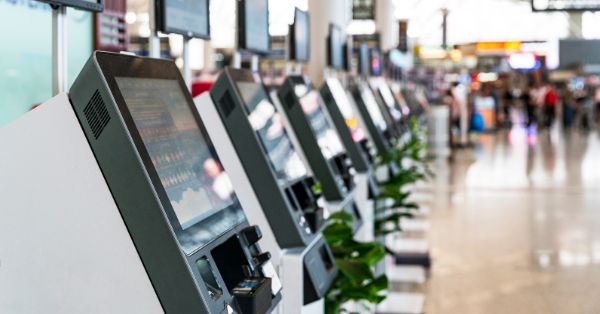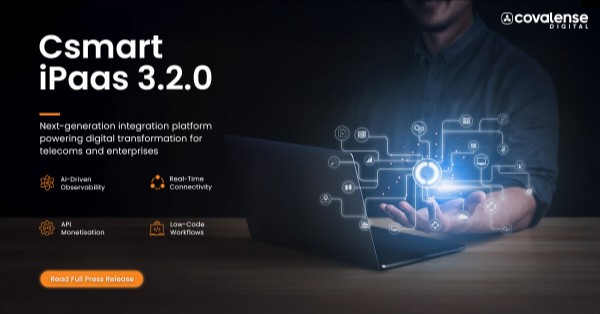A digital revolution is underway in Latin America following the deployment of the region’s first Private 5G Standalone network with a 100% on-premises network architecture, which operates completely separate from the public mobile network. As a collaboration between Nestlé, Ericsson, and communication service providers Claro and Embratel, this state-of-the-art solution is also a world first for Nestlé. It signals the move away from an automated to autonomous factory – a transformation that aligns with the company’s Industry 4.0 aspirations.
The Ericsson Private 5G solution enables fast data processing – network data transfer speeds up to 25 times higher than 4G – and is particularly suited to supporting business-critical applications that require ultra-short response times in the millisecond range.
5G’s high data throughput and low latency will make a significant difference to Nestlé’s industrial environment by transforming their ways of working – further building on the company’s smart factory focus, and enhancing productivity, efficiency and workplace safety. The project utilizes frequencies of experimental use licensed by Claro.
The past few years has seen Nestlé take advantage of emerging technologies, such as robotics, automation, artificial intelligence (AI)/machine learning (ML), virtual reality and the operation of self-driving vehicles (AGV). With the private 5G standalone network in place, its entire digital ecosystem will become even more reliable and comprehensive, enabling new innovative use cases. This new solution serves as an example for other manufacturers looking to embrace the smart factory digital transformation.
The private and closed cellular network will also strengthen network security, with sensitive data remaining exclusively on the factory’s local network.
Marcelo Melchior, CEO of Nestlé Brazil, says: “Nestlé’s national operation will be a reference in an unprecedented project in which it will be able to perceive the benefits of 5G for industry 4.0. With our partners, who have believed since the beginning in this pioneering project, we will provide greater optimization to the operation, in order to achieve important productivity and efficiency indices for the industry. This is another step in the journey of innovation and digital transformation carried out by Nestlé in the country, especially in our factory in Caçapava, known for developing new technologies that are later implemented in other industrial units of the company.”
Gustavo Moura, Manager, Digital Transformation for Operations Program, Nestlé Brazil, says: “5G private networks provide a new reality for the industry. For us, the benefits include changing and simplifying the factory’s physical environment and the ability to connect a large number of devices to the same network. Being the first to implement this solution in Latin America is an exciting growth opportunity.”
Rodrigo Dienstmann, President for the Southern Cone of Latin America, Ericsson, says: “This new solution is meeting the new challenges and needs of industries by helping them to rapidly advance their digital transformation. From the outset, Ericsson’s 5G private network solution was designed to allow organizations to manage their networks and integrate with operator management systems. The solution is highly resistant to intrusions and attacks, and ensures that critical business operations meet the most stringent security requirements. It also provides reliable and complete coverage throughout the site, both internally and externally, making it easy to manage while also allowing full control over devices connected to the network without any extra cost per gigabyte of data.”
José Formoso, CEO of Embratel, says: “5G provides new opportunities for innovation, and is a crucial component of Industry 4.0, providing the right infrastructure, support, stability and latency. 5G enable the next level of digitization through the construction of an autonomous factory and will greatly benefit Nestlé’s digital investments, increasing the operational efficiency of the manufacturing unit. In addition, new, highly innovative applications can be implemented. The installed ecosystem is fully integrated into Nestlé’s operation so that the plant can make the most of its created value chain.”
Rodrigo Modesto Duclos, Director of Innovation & Digital, says: “Claro and Embratel believe that collaboration is the best way to create solutions and ventures that have a big, positive impact on economy and society. We have created our innovation hub, beOn Claro, to enable interaction and dialogue with other agents in the open innovation community. The aim is to generate hardware and software-based ventures that solve problems in an innovative and efficient way. All of that using Claro’s assets such as technology, infrastructure and talent to accelerate and grow new business serving various sectors. The partnership with Nestlé is being instrumental in advancing practical Industry 4.0 applications.”





























